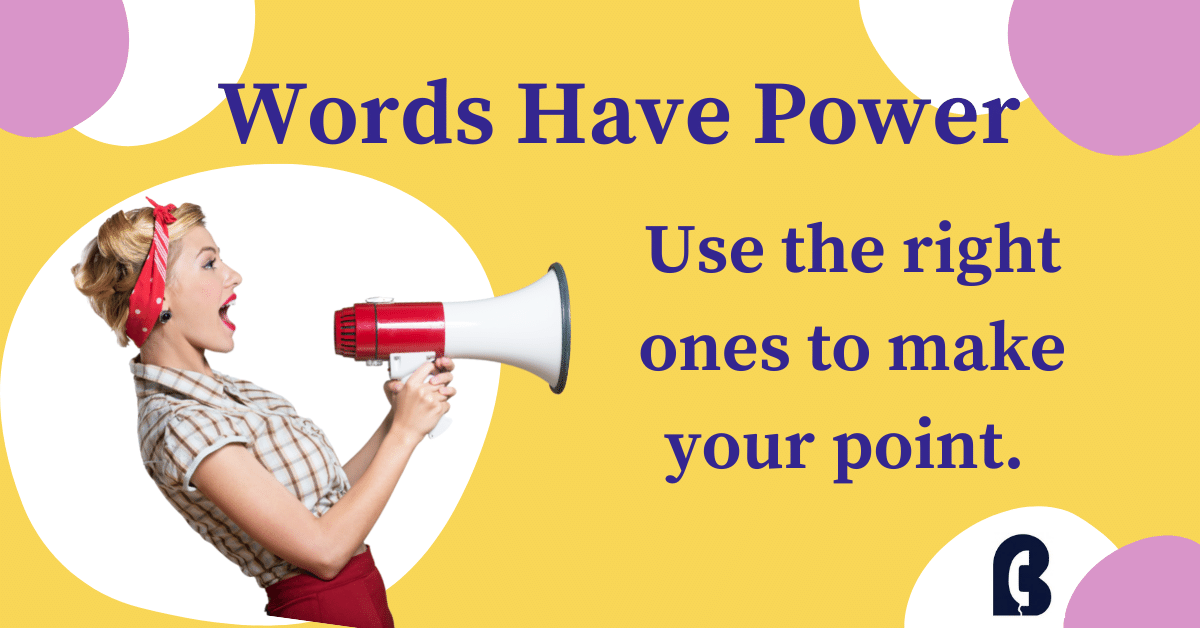Substance abuse is a very large topic, but it’s an important subject to discuss as it relates to young pregnant women, especially when you consider the statistics regarding substance abuse.
We intend to create awareness for the challenges faced by pregnant girls and young adults. We hold deep compassion for not only the current circumstance they find themselves in, but also the additional challenges they face due to lack of skills and a family history of neglect and abuse.
Facts Concerning the Effects of Parental Substance Abuse on Children
To frame the scope of the effects of parental drug addiction on children, the Parental Substance Abuse and the Child Welfare System info sheet provided by the Child Welfare Information Gateway provides insight into this major issue.
- An estimated 12 percent of children in this country live with a parent who is dependent on or abuses alcohol or other drugs. That’s approximately 1 in 10 kids!
- 8.3 million children under 18 years of age lived with at least one substance-dependent or substance-abusing parent. Of these children, approximately 7.3 million lived with a parent who was dependent on or abused alcohol, and about 2.2 million lived with a parent who was dependent on or abused illicit drugs.
- 400,000 infants each year are born exposed to substances prenatally.
According to data from both the 2011 and 2012 National Survey on Drug Use and Health, approximately 5.9 percent of pregnant women aged 15 to 44 were current illicit drug users. - Younger pregnant women generally reported the greatest substance use, with rates approaching 18.3 percent among 15-17-year-olds.
- Among pregnant women aged 15 to 44 years old, about 8.5 percent reported current alcohol use, 2.7 percent reported binge drinking, and .3 percent reported heavy drinking. 18.3% for 15-17-year-olds represents nearly 1 in 5 pregnant girls!
The Snowball Effect
A significant number of mental, emotional, physical, and social challenges arise for both the drug-abusing parent and the neglected or abused child.
The associated behaviors from abuse and neglect are often passed from one generation to the next. Children mirror what they see and learn, and when there’s a neglect of basic needs and inadequate stimulation and lack of parental bonding, problems ensue throughout their entire lives. Here is a small sample of the problems that begin and perpetuate include:
- Feelings of not belonging
- Disconnected from others
- No strong emotional bonds
- Problems with learning in school
- The inability to self-regulate
- A lack of self-confidence
Why In-Patient Treatment Matters
The statistics prove that children of substance abuse will have a much harder time finding personal stability and happiness. They also struggle to experience long-term success in relationships, financial stability, and more. This is why in-treatment services are a preferred method for those who are in the perpetual throes of substance abuse and can’t seem to change their addiction patterns on their own. Growing up in a substance abuse environment, and then becoming an addict and a parent outside of marriage or family support, the deck is also stacked against them.
Through In-patient treatment and care, they develop new ways of thinking and learn how to develop healthy habits, find healthy ways to express emotion and get their needs met, learn coping skills within a safe, nurturing environment with love and care, where all their needs are met. Some facilities allow children to reside with the Mom too, so the family grows together. What a contrast to their humble beginnings!
The level of care that goes into creating many positive experiences and helping these individuals find ways to bond with others, find personal discipline, and positive, healthy bonds provide the needed contrast from their current experience and they get to experience hope, the possibilities for a better life, and a vision for the future.
What does hope for the future look like? We will provide additional resources about this subject in the coming months. Do you know a young mother who is struggling with drug abuse? We can recommend resources upon request.



